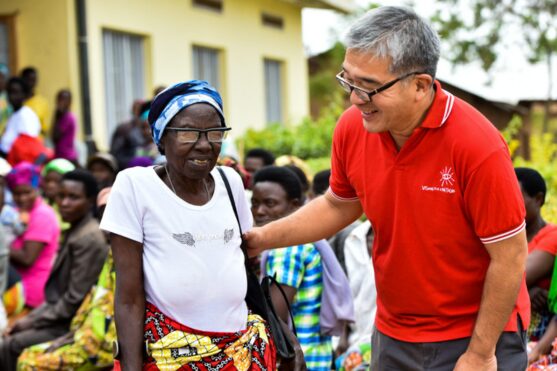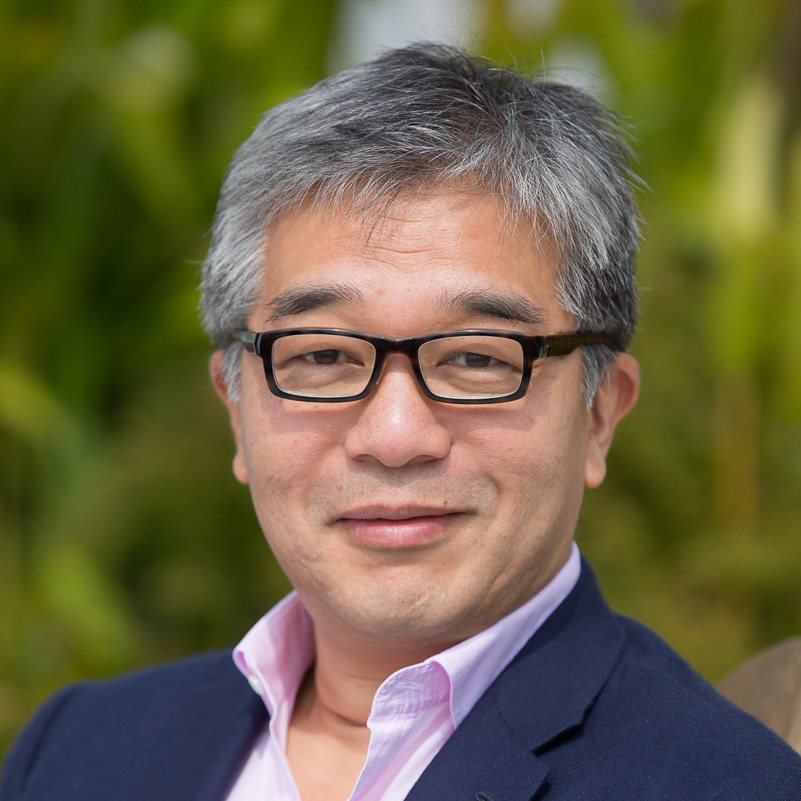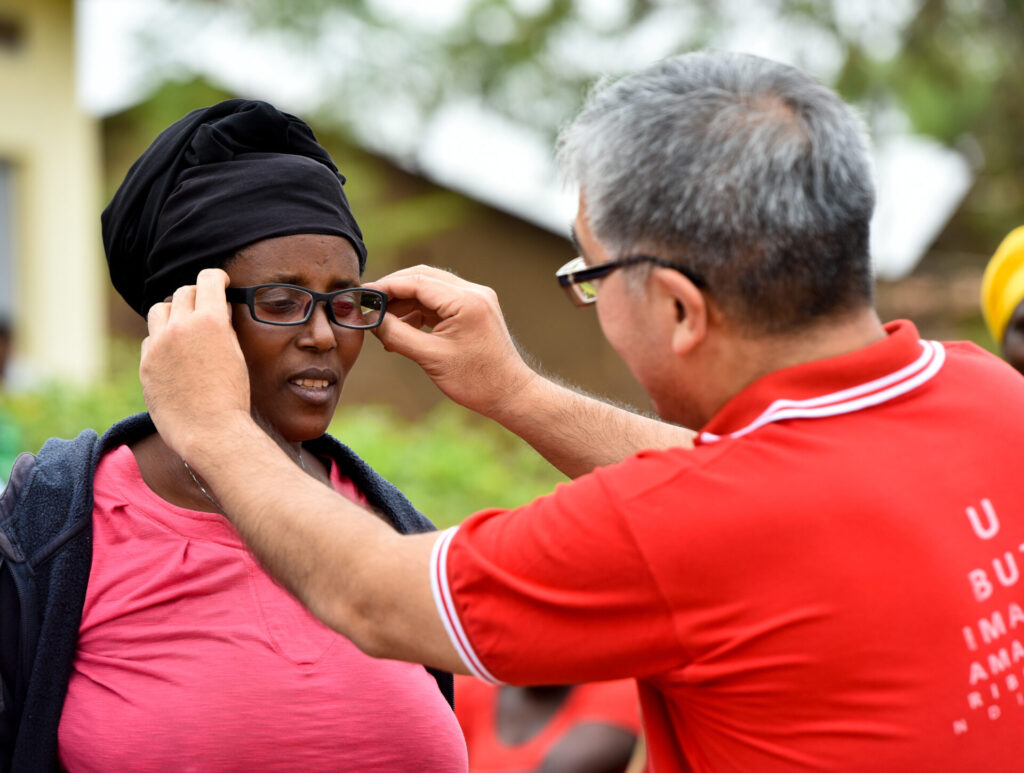Moonshot Philanthropy with James Chen: Addressing risks to achieve the impossible

James Chen reflects on his journey in philanthropy over two decades with the Chen Yet-Sen Family Foundation and the profound impact that strong leadership can have on global issues. In this guest blog ahead of his presentation at the Philanthropy Australia Conference, he talks about spending the majority of his life focused on two critical areas: early childhood literacy and vision correction – and why he has approached each with what he calls ‘Moonshot Philanthropy’.
In 1962, during an address at Rice University on the nation’s space effort, President John F Kennedy famously said: “We choose to go to the moon in this decade and do the other things, not because they are easy, but because they are hard.” Seven years later, and thanks to his vision, the US successfully had a man step foot on the moon and return safely to Earth.
This mission has since become synonymous with ambition, not least because the success of this endeavour was never guaranteed. I have applied that thinking to my philanthropy.
The Genesis of Moonshot Philanthropy

The moonshot approach urges high-net-worth individuals to invest not only their capital but also their time and expertise into high-risk, early-stage innovations that promise transformative global impact. Philanthropists have the unique freedom to take risks with their money – to privatise our failures and socialise our successes – and that is a superpower we should appreciate.
Vision correction is an issue particularly close to my heart. Poor vision is the world’s largest unmet disability, affecting a staggering 2.2 billion people globally. The power of addressing this cannot be overstated. Glasses, a 700-year-old invention, remain out of reach for millions who need them.
An issue of this size requires substantial commitment. Not just financial, but also of one’s time, perseverance and expertise. Traditional philanthropy has often focused on incremental changes and endowments to well-established organisations. While this is important and often impactful, to address the significant global challenges we now face – particularly in terms of sustainable development – there is a need for a more bold, innovative approach that can drive substantial change. By taking risks on early-stage projects and new ideas, we can uncover solutions that have the potential to address root causes and create lasting impact.
Addressing the world’s largest unmet disability
It was this realisation that led me to found Clearly, a global campaign with an ambitious yet clear goal: to make eye care accessible and affordable for everyone. Through this campaign, we made significant strides, from influencing the Commonwealth’s landmark decision of “quality eye care for all” in 2018 to encouraging the United Nations to universally adopt its first-ever resolution on vision in 2021, entitled Vision for Everyone.
The transition of Clearly into the International Agency for the Prevention of Blindness (IAPB) in January 2021 marked a new chapter in this mission. As the Global Ambassador for IAPB, I continue to advocate for policies and initiatives that accelerate affordable eye care, sustainable development and equity globally. One such initiative is DRIVE, a series of nine randomised controlled research trials. These trials are designed to provide robust evidence to policymakers on how low-cost interventions, like providing glasses, can significantly improve education, literacy, productivity, mental health and financial independence in developing countries.

Embracing bold, innovative approaches
I continue to be optimistic about the future of philanthropy. We are at a pivotal moment where technological advancements and innovative thinking can be harnessed to solve major global issues. However, this requires a shift in mindset. We must be willing to embrace uncertainty, take calculated risks and invest in bold ideas that may not always guarantee success but hold the potential for transformative change.
My journey in philanthropy has been driven by a desire to make a meaningful difference. Whether through improving vision or promoting literacy, the goal is to empower individuals and communities to realise their full potential.
Moonshot philanthropy is not just about giving: it’s about envisioning a better world and taking bold steps to make that vision a reality. I encourage my fellow philanthropists and all those committed to social change to join me on this moonshot journey. Together, we can achieve the extraordinary.
James will be speaking at the sold-out Philanthropy Australia Conference in Adelaide 5-7 August 2024. Online registrations are open.